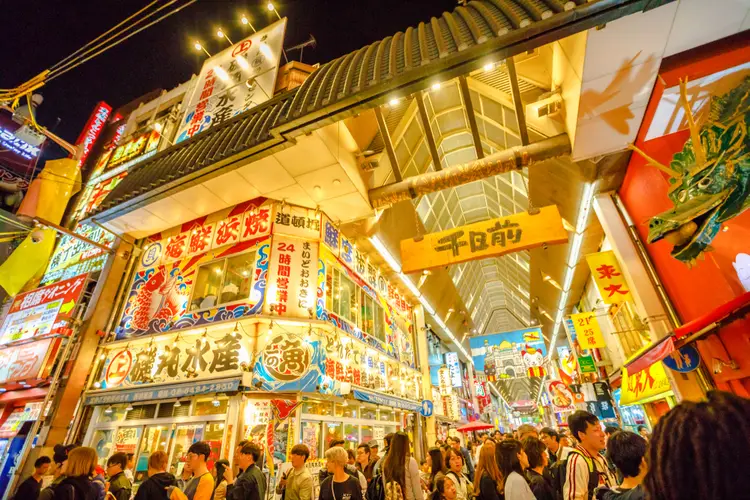
Japanese Travelers Rethink Their Golden Week Plans
A recent report from AFP suggests that Japanese travelers are reconsidering their spending during the annual Golden Week due to skyrocketing costs for hotels and local attractions.
Inflation alarm: Driven by record inbound tourism, inflation has led to significant price hikes, deterring many locals from vacationing even as the holidays kicked off on Saturday, May 3. This holiday spans the first week of May, including three consecutive public holidays, providing Japanese citizens the longest break of the year.
Over recent years, rising costs have restricted many from vacationing during this time. The Japanese yen has depreciated significantly, losing nearly a third of its value since 2022, which has increased inbound tourism concurrently.
Local frustrations: While the influx of tourists benefits the economy, it causes overcrowding in hotspots like Kyoto and Osaka, raising concerns among residents about unruly tourist behavior. These conditions have inflated hotel prices, which in major cities are up approximately 16% compared to last year’s Golden Week. Consequently, many residents have chosen to postpone their travel plans this year.
According to tourism studies professor Atsushi Tanaka, “The biggest reason appears to be inflation curtailing their willingness to spend lavishly. As inbound tourism thrives, hotel operators have no incentive to lower prices, complicating travel for locals.”
Polls reveal that 5.6% fewer respondents plan to travel this year, and a survey indicated that only 13.6% intended to travel domestically during the holiday, down 2% from the previous year. Interestingly, holiday budgets have slightly increased, with average spending per outing rising from $192 to $201.
In 2024, Japan welcomed over 36.8 million tourists, surpassing 2019’s record of nearly 32 million, with the government aiming to double this figure to 60 million annually by 2030.
